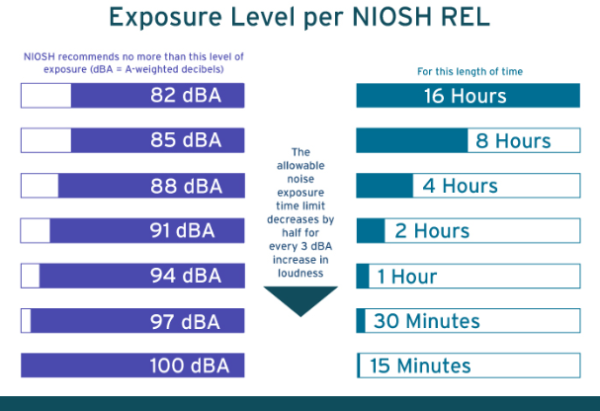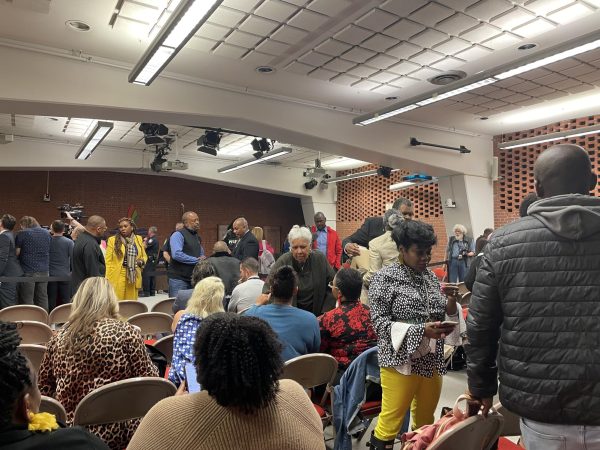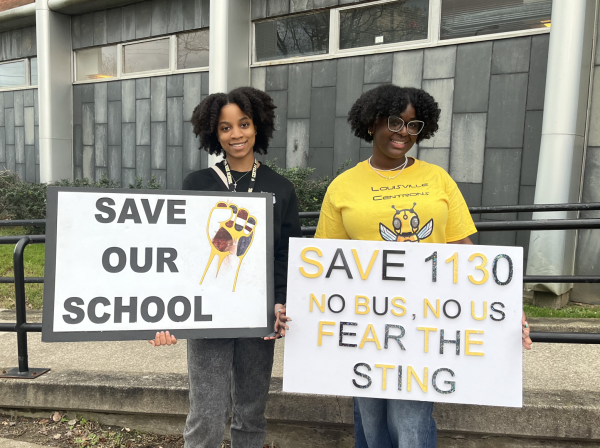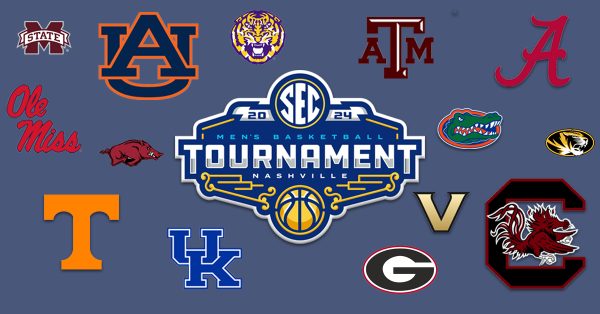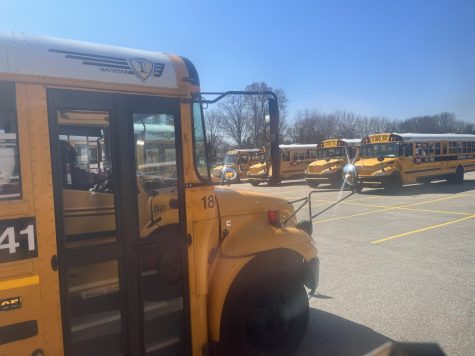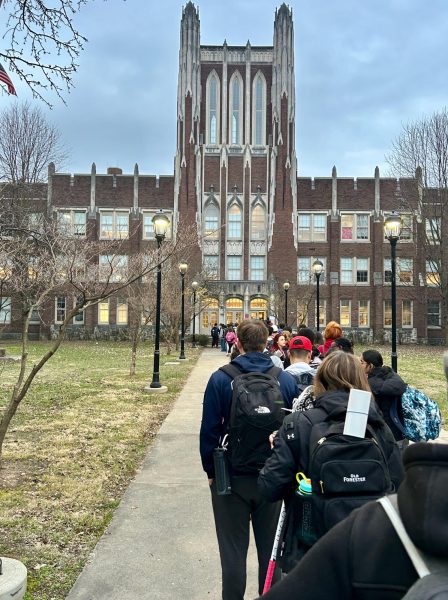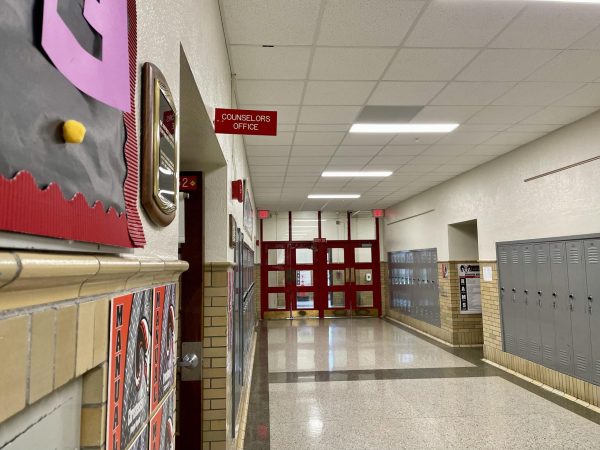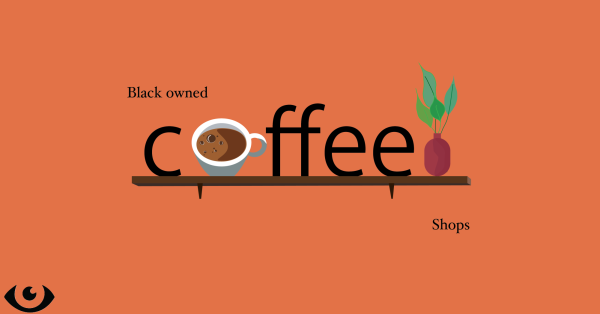The economic impact of COVID-19 and why students should care
May 9, 2020
As the COVID-19 pandemic continues to grapple the United States, the economy has taken a devastating blow.
According to the newly-released April jobs report, over 20 million people lost their jobs and the unemployment rate has reached 14.7%, the highest since the Great Depression. For comparison, the unemployment rate in February, before the pandemic took root, was 3.5%, the lowest in half a century.
The current unemployment crisis is, comparably, far worse than the Great Recession, where over 8.7 million jobs were lost. Despite the fact that the recession lasted for years and was economically devastating, the COVID-19 pandemic has only been widespread for about two months and done more damage.
Because many students work in jobs that are considered “essential”, most are likely still employed as these companies have become economic powerhouses during this epidemic. In fact, many in-demand industries have actually been hiring more employees to deal with an increase in demand.
The stock market has also seen unprecedented fluctuations due to the constant news cycle involving COVID-19 and global action to combat the virus. While the markets have mostly stabilized over the past couple of weeks, the month of March saw some of the largest drops in history.
By March 20, the Dow Jones Industrial Average, the metric commonly used to estimate the overall strength and size of the economy, had fallen to just above 19,000, roughly the size of the economy in 2016 before President Trump had taken office.
This represented a contraction of over 10,000 points or a more than 30% drop in market value.
As it is still unclear how long this pandemic will last, the long-term economic impacts are difficult to forecast. If a vaccine is developed in the next few months, the economy could be back on track soon after.
However, if the World Health Organization’s (WHO) estimates are correct in that a vaccine is likely still at least a year away, a second wave of COVID-19 could deepen the current economic contraction.
Why students should care
While many young people do not often think about the economy and their finances, the economy will play a huge role in their lives, especially over the next few years.
A weak economy will mean it will be harder to pay for college tuition, student housing and other higher education expenses.
Further down the line, finding a job after college in a recession would be incredibly difficult.
This was a key roadblock to economic recovery after the last recession, where many college graduates were unemployed, and those who were able to find work were often working in jobs where a college degree wasn’t required, a phenomenon known as underemployment.
As the COVID-19 pandemic has shown no signs of completely dissipating anytime soon, people of all ages should prepare for the possibility that we could be facing another recession, or at the very least, the market paralysis that has left the economy in limbo for the past few weeks.
While it’s easy to see the financial world as an issue to be concerned about far into the future, it is essential that young people have an understanding of the economy before they move out and become exposed to the volatility of the market.
Whether they are pursuing higher education or preparing to enter a career, every student should be prepared for all of the possible economic scenarios the country could be facing over the next few months.









